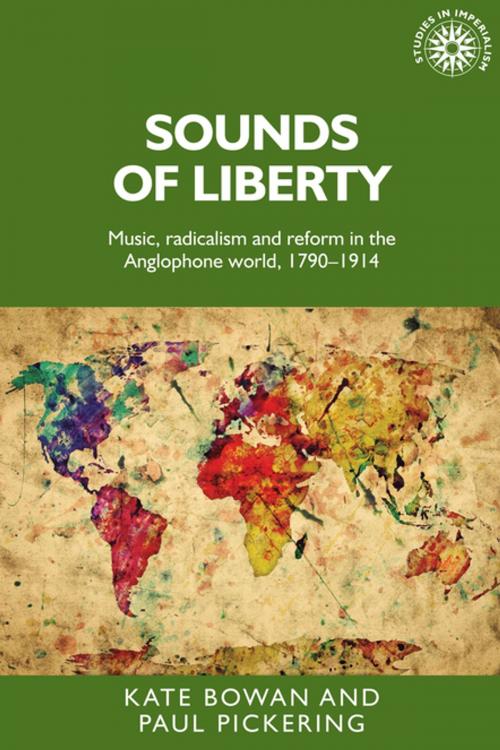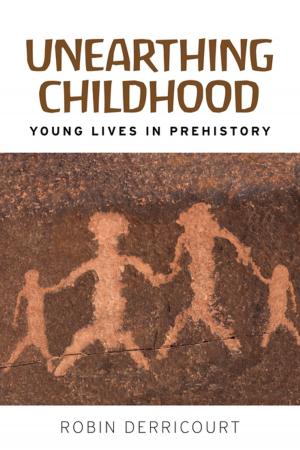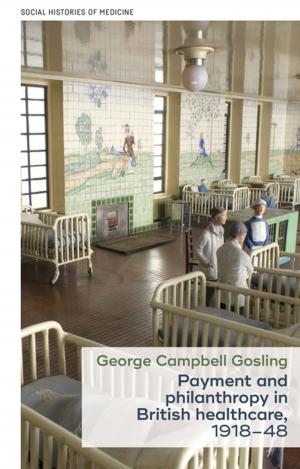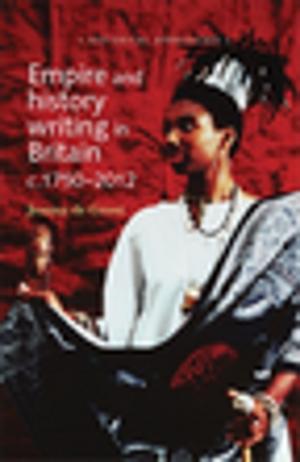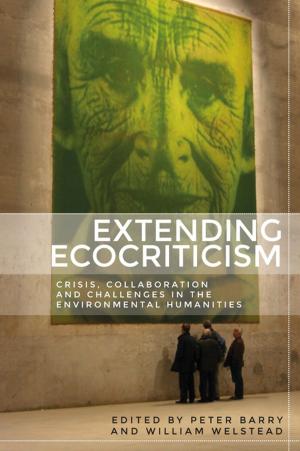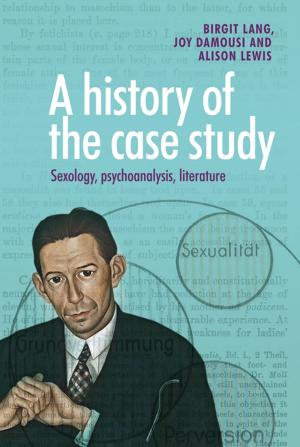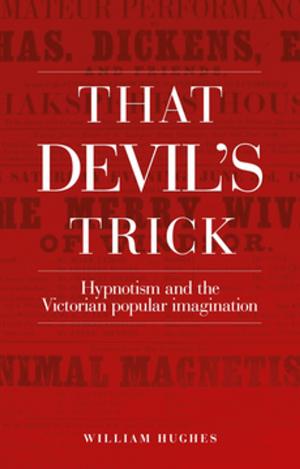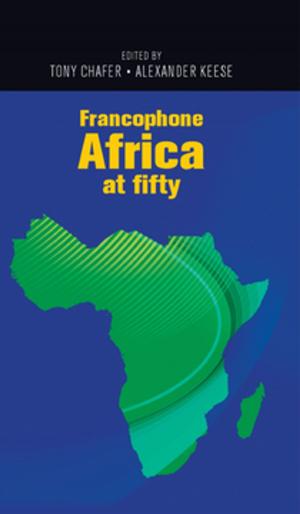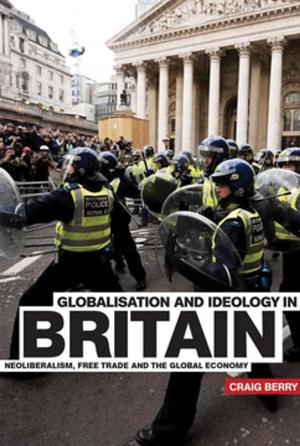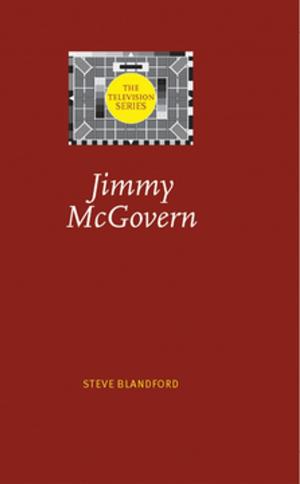Sounds of liberty
Music, radicalism and reform in the Anglophone world, 1790–1914
Nonfiction, Entertainment, Music, Theory & Criticism, History & Criticism, History| Author: | Kate Bowan, Paul A. Pickering | ISBN: | 9781526106230 |
| Publisher: | Manchester University Press | Publication: | September 20, 2017 |
| Imprint: | Manchester University Press | Language: | English |
| Author: | Kate Bowan, Paul A. Pickering |
| ISBN: | 9781526106230 |
| Publisher: | Manchester University Press |
| Publication: | September 20, 2017 |
| Imprint: | Manchester University Press |
| Language: | English |
Throughout the long nineteenth-century the sounds of liberty resonated across the Anglophone world. Focusing on radicals and reformers committed to the struggle for a better future, this book explores the role of music in the transmission of political culture over time and distance. Following in the footsteps of relentlessly travelling activists – women and men - it brings to light the importance of music making in the lived experience of politics. It shows how music encouraged, unified, divided, consoled, reminded, inspired and, at times, oppressed. The book examines iconic songs; the sound of music as radicals and reformers were marching, electioneering, celebrating, commemorating as well as striking, rioting and rebelling; and it listens within the walls of a range of associations where it was a part of a way of life, inspiring, nurturing, though at times restrictive. It provides an opportunity to hear history as it happened.
Throughout the long nineteenth-century the sounds of liberty resonated across the Anglophone world. Focusing on radicals and reformers committed to the struggle for a better future, this book explores the role of music in the transmission of political culture over time and distance. Following in the footsteps of relentlessly travelling activists – women and men - it brings to light the importance of music making in the lived experience of politics. It shows how music encouraged, unified, divided, consoled, reminded, inspired and, at times, oppressed. The book examines iconic songs; the sound of music as radicals and reformers were marching, electioneering, celebrating, commemorating as well as striking, rioting and rebelling; and it listens within the walls of a range of associations where it was a part of a way of life, inspiring, nurturing, though at times restrictive. It provides an opportunity to hear history as it happened.
